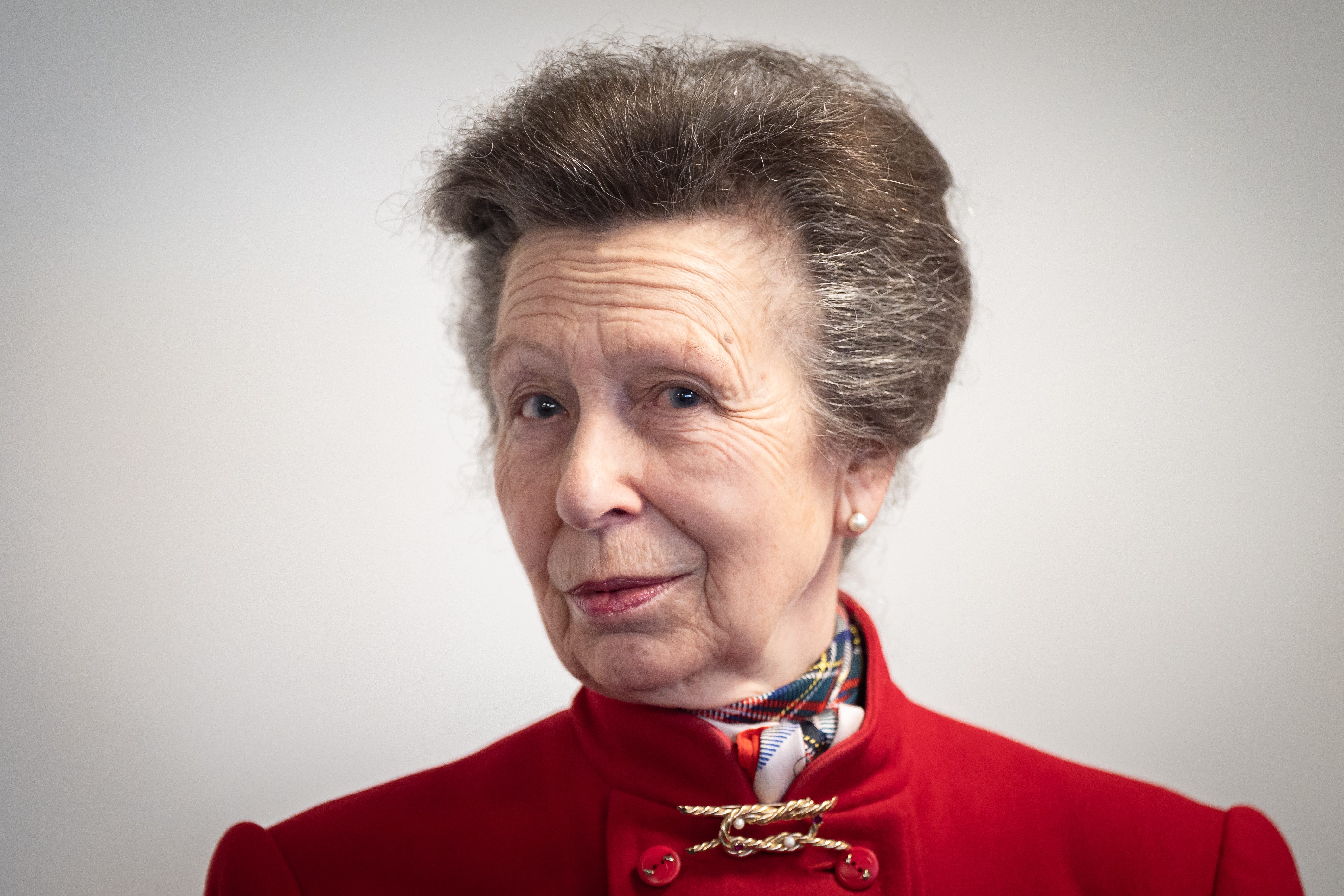Anne to mark non-combat work by black South Africans during First World War
The Princess Royal is president of the Commonwealth War Graves Commission.

The Princess Royal will commemorate the sacrifices of black South Africans and other races who played a vital First World War role as military labourers when she visits the country.
Anne will visit the Commonwealth nation next Tuesday and Wednesday in her role supporting her brother the King.
She is president of the Commonwealth War Graves Commission (CWGC) and will unveil the institution’s Cape Town Labour Corps Memorial, which honours more than 1,700 South Africans who carried out non-combat jobs and died with no known grave or commemoration.
The memorial honours a group of mainly black but also mixed race and Indian men whose contributions have been overlooked.
Thousands of South Africans served in non-combat roles supporting British and imperial forces as the troops fought for former colonial territories across Africa.
Recruited in major settlements like Cape Town, Pretoria and Johannesburg, South African military labourers carried food and ammunition, managed logistics, maintained roads and railways, and built defences to keep the east African campaign supplied.
Many were volunteers but some were pressured to serve, with local authorities leaning on magistrates and chiefs to raise the strongest men in villages and towns who would work in harsh conditions with many dying from diseases like malaria and tuberculosis.
The princess will carry out a series of engagements in Cape Town including visiting the South African branch of Riding for the Disabled Association, of which she is president.
She will also visit the Desmond and Leah Tutu Legacy Foundation, which keeps alive the memory and achievements of the former archbishop of Cape Town, who was awarded the Nobel Prize for Peace in 1984 for his opposition to apartheid in South Africa.
Anne last visited South Africa in 2012 to commemorate Queen Elizabeth II’s Diamond Jubilee, and will also visit the Royal Cape Yacht Club, the South African Astronomical Observatory and a Thuthuzela Care Centre where the princess will meet local communities and celebrate the work of projects around the area.
Bookmark popover
Removed from bookmarks